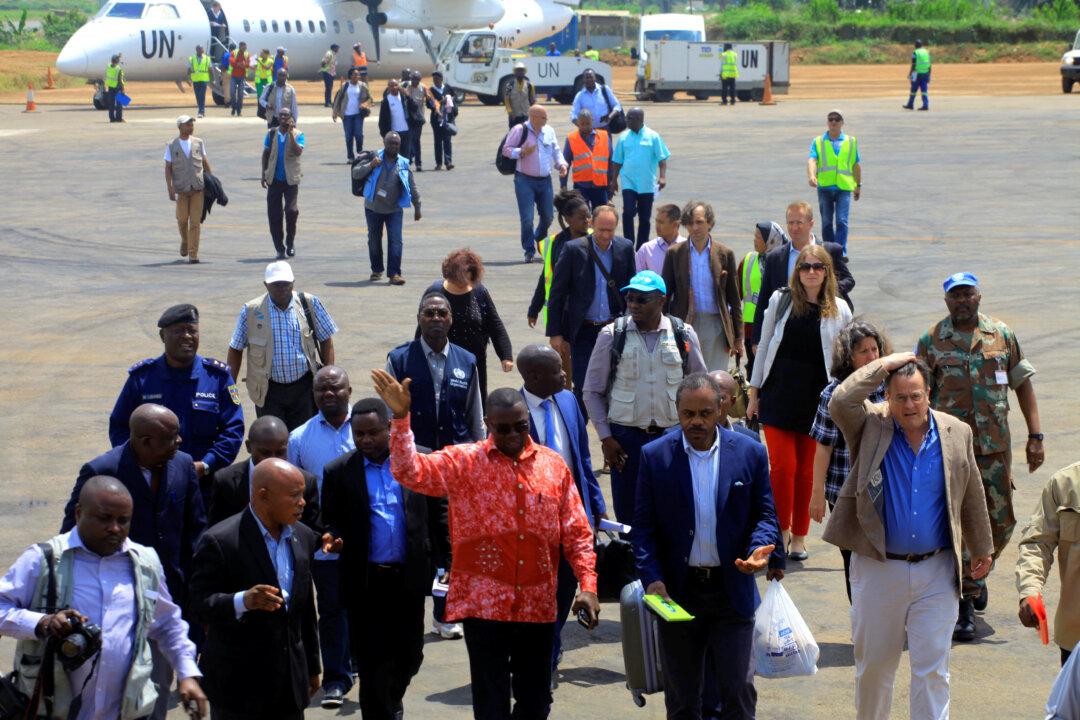GOMA, Democratic Republic of the Congo—Congo’s health minister resigned on July 22 after being stripped of responsibility for managing the country’s Ebola outbreak, over the controversial introduction of a second vaccine to contain the spreading epidemic.
Oly Ilunga has overseen Democratic Republic of the Congo’s near year-long response to what is the second deadliest Ebola outbreak in history. It has killed more than 1,700 and been declared an international health emergency by the World Health Organization (WHO).





